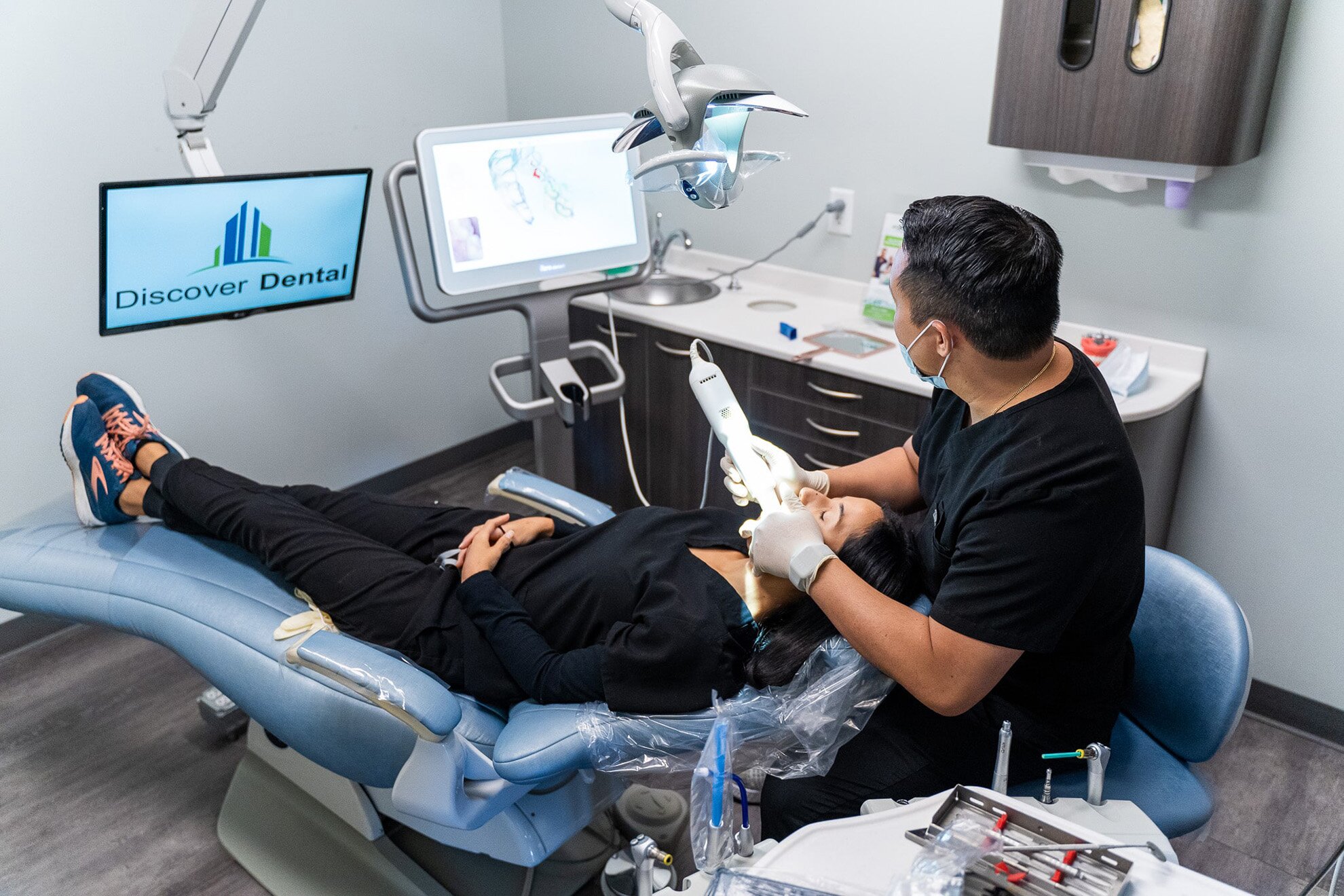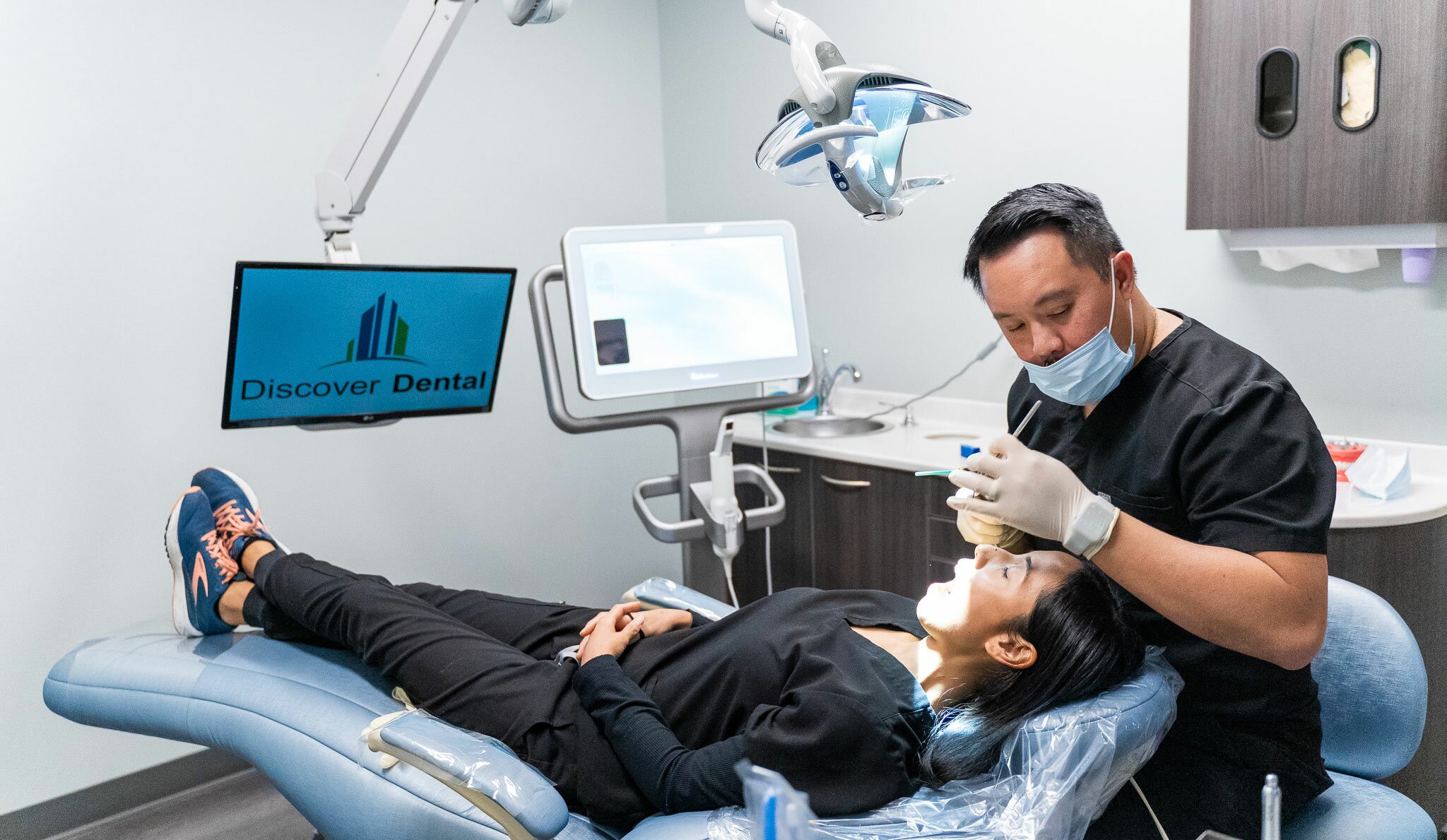Can Changing Your Lifestyle Help Relieve TMJ Disorder Symptoms?
Do you have jaw pain when you chew? Do you have a problem opening or closing your mouth? These can be signs of temporomandibular joint disorder (TMJ), a concern with the joint that merges your jawbone to your skull. Although TMJ houston can be uncomfortable and hinder daily life, lifestyle modifications like exercise and diet may provide relief.
What Is TMJ Disorder?
Your jaw can move smoothly while you speak, chew, and yawn, thanks to the temporomandibular joint (TMJ). However, several circumstances can bring TMJ problems, including stress, teeth grinding, or an injury. Jaw pain, clicking or popping noises, trouble eating, headaches, and facial pain are typical symptoms. While consulting a professional is crucial for a precise diagnosis, making lifestyle changes can support your treatment strategy and help you manage the symptoms of TMJ disease.

What Modifications Can Be Done In Your Diet?
Reducing the symptoms of TMJ condition with a tmj doctor near me can be significantly helped by dietary adjustments. Think about making the following dietary changes:
Dieting Of Soft Foods
Choose foods that are simpler to chew and won't put as much stress on your jaw joints. Include dishes like steamed vegetables, soups, smoothies, and mashed potatoes in your meals. Eat soft, chewy foods instead of items that may make your jaw ache worse.
Skipping The Triggered Foods
Foods that may aggravate your TMJ symptoms should be avoided or consumed in moderation. Hard candies, chewy snacks, rough meats, and crunchy vegetables are a few examples of popular trigger foods. Pay attention to how your body reacts to various foods, and adapt as necessary.
Using Cold Or Hot
The affected area may benefit from the application of heat or ice to help relieve discomfort and inflammation. For alleviation, apply a warm compress or a cold pack to your jaw joint for ten to fifteen minutes at a time, multiple times daily.
What Are The Exercise and Jaw Stretches For Treating TMJ Disorder?
:
Regular exercise and particular jaw stretches can assist in increasing jaw mobility and lessen the symptoms of TMJ disease. Think about the following workouts:

Calming Jaw Exercises
To increase jaw mobility, perform mild jaw stretches and exercises. Gradually move your jaw back, forward, and side to side with opening and closing your mouth. Be cautious not to overextend or strain your jaw under the supervision of 24 hours dentist near me performing these exercises.
Stretching The Shoulders And Neck
The symptoms of TMJ disease may be exacerbated by tension in the neck and shoulder muscles. Simple neck and shoulder exercises will help you relax and reduce muscle tension throughout the day.
In Conclusion
Although TMJ condition may not entirely be cured, lifestyle changes can greatly lessen symptoms and enhance your quality of life. The symptoms of TMJ disease can be reduced by making dietary adjustments, performing mild exercises and jaw stretches, and controlling stress levels. To create a thorough treatment plan suited to your particular needs, speaking with an affordable dentist near me or a TMJ specialist is crucial.
Comments
Post a Comment